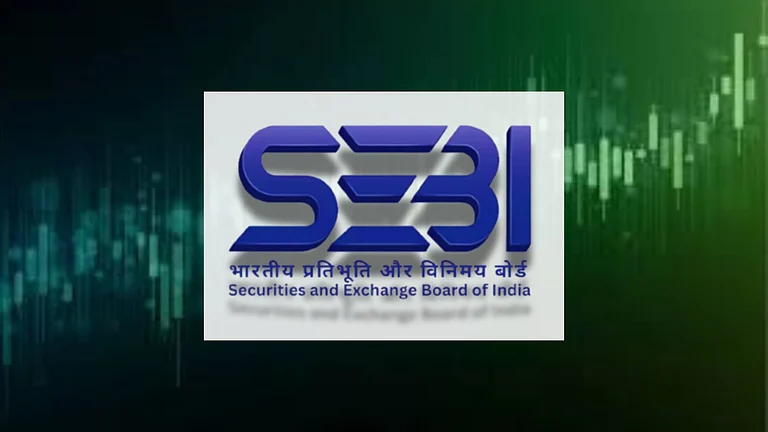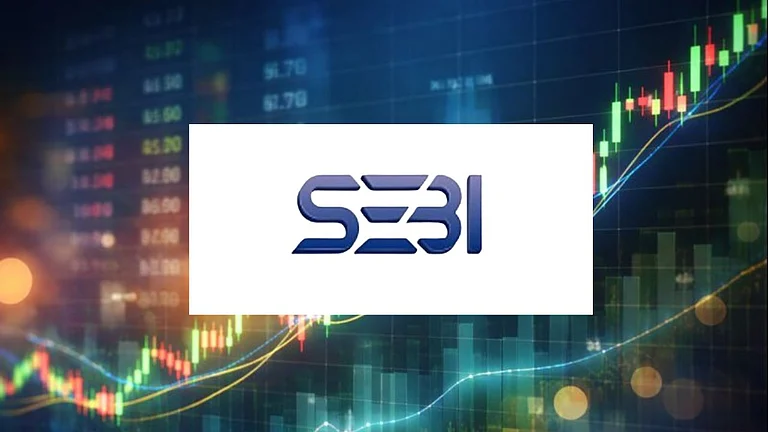
Summary of this article
Sebi has released three circulars on July 29. The three circulars seek to address regulations for various investor categories.
Sebi has delayed the deadline for implementing its previously introduced regulations for algo trading.
The capital market regulator has also announced updates related to Specialised Investment Funds regarding the minimum threshold balance.
The capital market regulator has announced a slew of regulatory reforms on July 29. In three separate circulars the market regulator has announced several significant changes ranging from changes in the monitoring compliance requirements for Minimum Investment Threshold for Specialised Investment Funds (SIFs, the delaying of a the timeline for the implementation of norms related to algo trading and other measures aimed at bringing in ease of doing investment and convenience for Non Resident Indians who wish to trade in exchange traded derivatives contracts. Here’s a look at the regulatory reforms announced by the Sebi:
New Mechanism For Monitoring Compliance For SIFs
The capital market regulator said in a circular dated July 29 that it has released a new mechanism for monitoring compliance with the Minimum Investment Threshold for SIFs. Notably, Asset Management Companies (AMCs) have to mandatorily comply with the minimum investment threshold for SIFs and ensure that the total amount of money invested by investors in a SIF scheme does not fall below the minimum investment threshold on account of active breaches. The minimum investment threshold for SIFs has been fixed at Rs 10 lakh.
The Sebi added that active breaches in the context of SIFs refer to a decline in the aggregate value of an investor’s total investment across all investment strategies. Sebi said that if any active breach of the threshold is made, all units of such an investor held across investment schemes of the SIF will be frozen, and a notice period of 30 days will be provided to the investor for rebalancing his or her investments. However, if investors fail to rebalance their investments in line with the minimum threshold within 30 days, the frozen units will be automatically redeemed by the AMC. Notably, the redemption will take place at the applicable Net Asset Value of the next immediate business day after the last day of the 30-day notice period.
Sebi Circular On Algo Trading
Earlier in February 2025, the capital market regulator issued a circular for refining the existing regulatory framework for Algo trading to protect investor interests. The circular included several regulations related to Algo trading through Application Programming Interface (API), roles and responsibilities of stock brokers and exchanges, rules for empanelment of algo providers, categorisation of algos into whitebox and blackbox Algos. Earlier, the new rules were expected to come into force on August 1. However, after receiving feedback from industry stakeholders, the market regulator has decided to postpone the timeline for the implementation of these regulations to October 1. Sebi mentioned in the circular that the timeline for implementation has been shifted in order to ensure smooth implementation of the algo regulations without causing any disruption to the market participants.
Ease of Doing Investment For NRIs
The capital market regulator said in a circular dated July 29 that, in a bid to bring in operational efficiency and simplify the investment procedure for NRIs, it has modified the compulsory requirements for trading in exchange-traded derivatives contracts. Prior to the release of the circular, NRIs who traded in exchange-traded derivatives contracts had to mandatorily notify the names of the clearing members and also notify the subsequent assignment of the Custodial Participant (CP) code to the exchanges and clearing corporations.
The exchange in turn would use the names of the clearing members and the CP to keep a check on the position limits of NRIs investing in exchange-traded derivatives contracts.
The market watchdog further said that without a CP code, the exchange or clearing corporation will continue to monitor NRI position limits the same way it monitors client level position limits. Sebi added that the position limits for NRIs will be kept the same as the client level position limits.
Notably, client level position limits are the maximum number of contracts a single client can hold in the futures and options (F&O) space for any underlying asset such as a stock or index. These limits are determined by the exchanges and seek to stop excessive speculation and market manipulation by capping the size of the positions any single client can take.
















